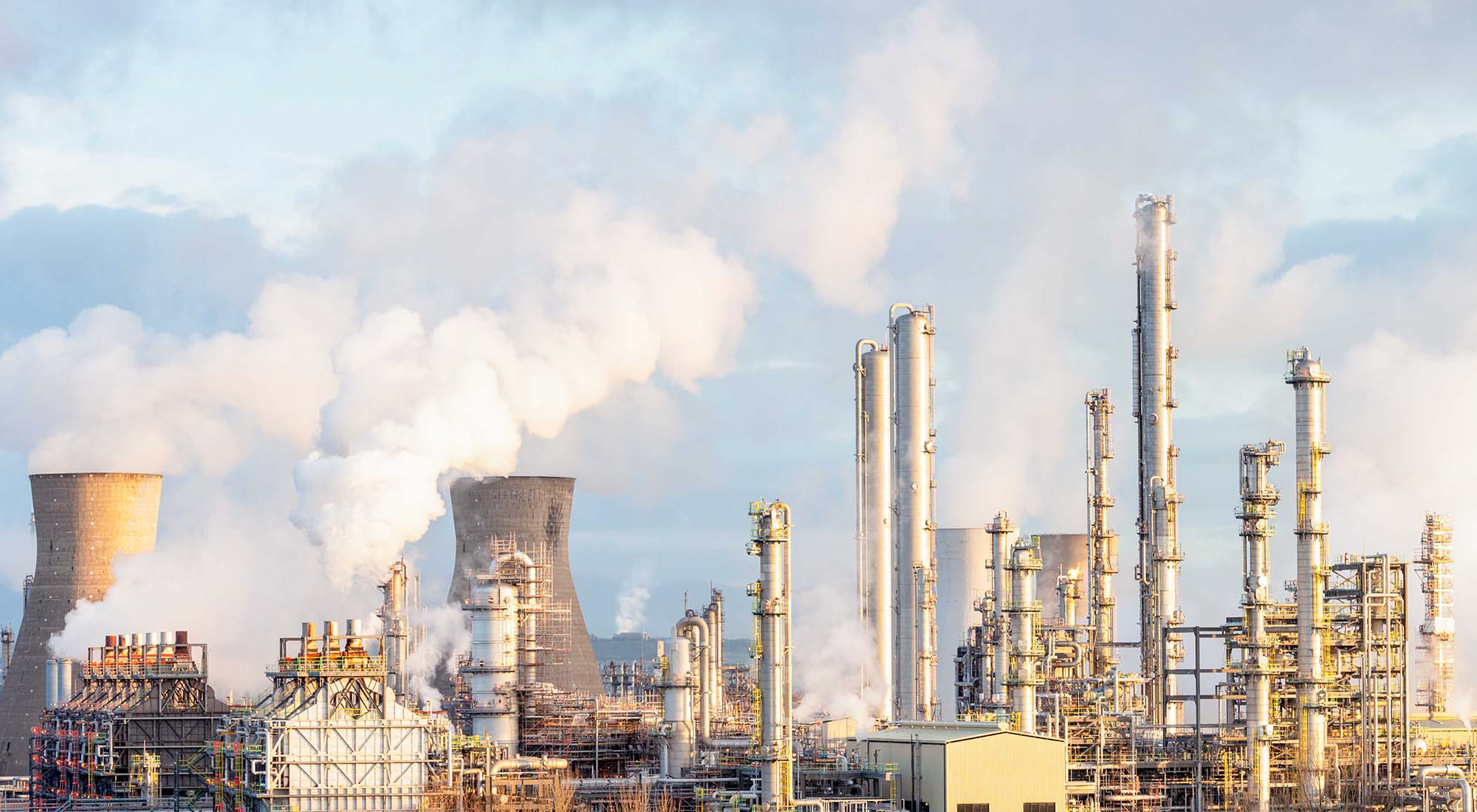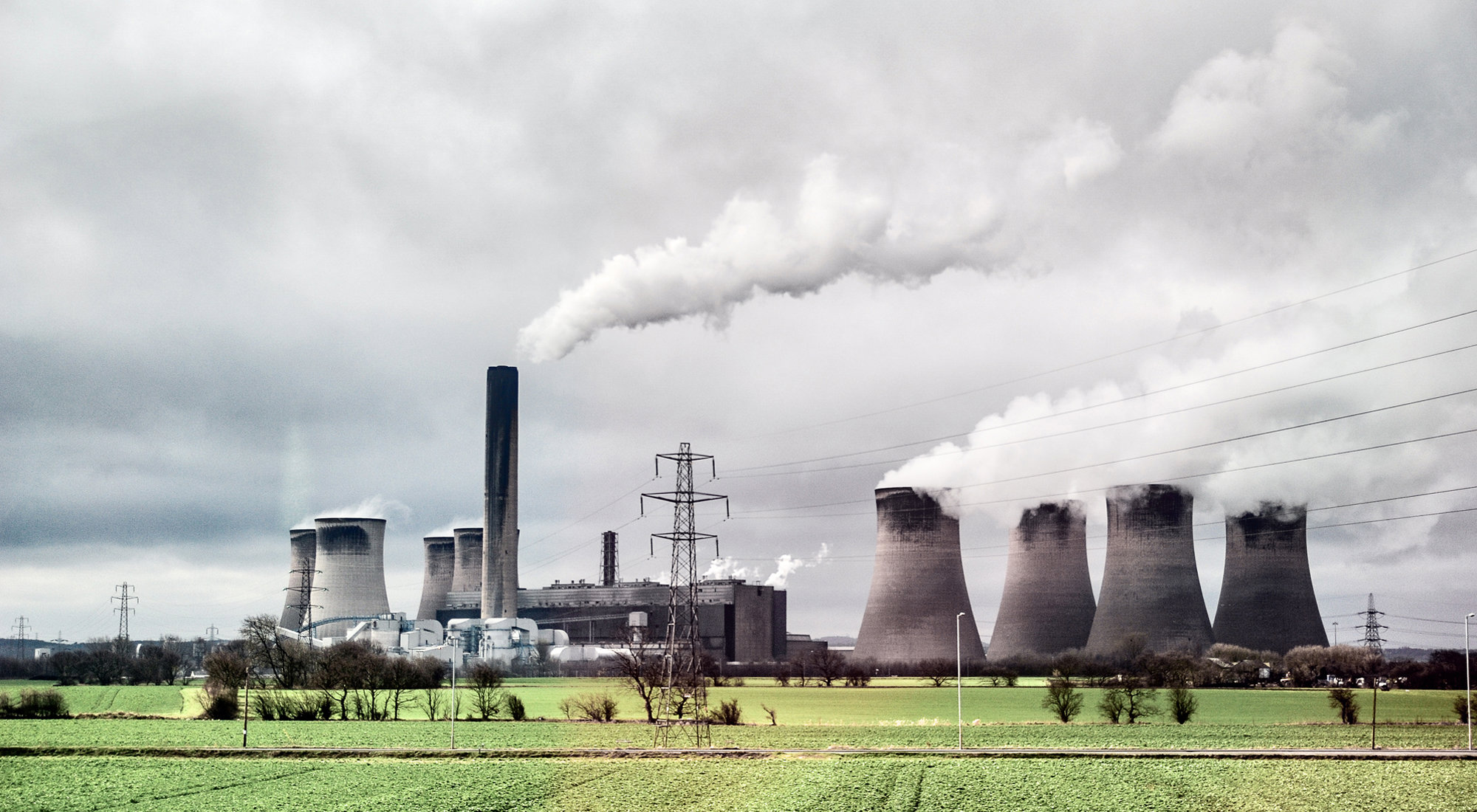Geopolitical instability and increasingly aggressive trade policies will continue to disrupt global trading patterns
The world's waterways are the arteries of international trade in both raw materials and finished products. In recent years there has been significant disruption to trading patterns and to supply chains caused by global conflicts and disputes over perceived trade imbalances. While the Red Sea and the Black Sea have been obvious examples of direct effects, increasingly mercantilist trade policies are causing friction in international trade and compliance headaches for owners and operators. The risk of vessels being attacked, delayed and detained is at its highest since the Second World War. Insurers should expect to see a greater volume of claims on marine insurance policies and more requests to support owners with their operational and compliance risks. Clarity about the coverage under standard marine hull policies and war risks extensions will be essential. In 2026 the arteries of global trade will become more, not less, blocked by geopolitical instability in terms of both armed conflict and the use of trading tariffs and restrictions as an instrument of foreign policy.
Batteries will store problems as well as power
The ever growing prevalence of lithium-ion batteries across a wide range of products is increasing the risk of fire losses to vessels and cargoes. Batteries have been identified as the cause of a recent spate of scrap fires on vessels leading to major casualties. The problem stems from hazardous materials, particularly batteries, being present in supposedly inert scrap cargoes due to improper disposal in household waste streams. These batteries can spontaneously ignite or cause fires during handling and transportation, leading to intense, difficult-to-extinguish blazes that endanger ships and crews. Insurers and safety organisations are issuing warnings and recommending better screening and handling procedures for scrap metal cargoes. Incidents of battery fires on mega yachts are also on the rise. Mega yachts use an increasing number of lithium-ion batteries to power their advanced electronics, luxury amenities, and growing fleet of electric tenders and water toys. Incorrect use and maintenance coupled with insufficient crew training can lead to significant losses.
Changing global approaches to the energy transition will result in a rebound in oil and gas exploration activity
In recent years, the global momentum toward renewable energy has been widely celebrated as a critical pathway to combating climate change. However, a noticeable shift in this dynamic is emerging, leading to a resurgence in oil and gas exploration activity worldwide. This trend reflects changing policy stances, economic realities, and evolving market conditions that complicate the clean energy transition. While the Trump administration’s rollback of environmental regulations drew significant attention, the shift is broader and more nuanced. For instance, Lloyd’s of London’s new chief executive recently signalled a pragmatic approach by stating that the insurance market will not outright ban polluting industries, emphasising a more balanced and economically driven transition. This stance echoes growing concerns about the marginal profitability of renewables, which, despite technological advances, often struggle with high capital costs and intermittent returns. As a result, investment in upstream oil and gas exploration and downstream infrastructure is experiencing a notable uptick. Companies are expanding construction activity related to extraction, processing, and transportation, driven partly by persistent demand and geopolitical uncertainties. This is likely to translate into increased insurance claims activity in the fossil fuel sector.
Critical subsea infrastructure will be the next battleground for global conflict
Worldwide political instability and geopolitical conflict will increase the risk of losses affecting energy infrastructure built at sea, such as offshore wind installations and undersea pipelines. The Nord Stream and Baltic connector losses were a wake-up call for all governments and the insurance market. This in turn puts pressure on the market to insure these subsea infrastructures at the risk of major losses disrupting the (re)insurance market. The resulting exclusion by (re)insurers of forms of state-sponsored sabotage from subsea energy insurance risks and other critical infrastructure will create a gap in the market. Nevertheless, offshore/subsea infrastructures will continue to become increasingly important for the energy industry and further investment will be critical, especially to ensure that counter-measures are put in place to prevent large scale losses from occurring.
Sanctions considerations will continue to keep underwriters and compliance functions busy
Sanctions impacting a swathe of lines of business will keep requiring careful consideration in 2026. The past year has seen a rise in disputes related to sanctions regimes and the decisions of insureds – especially in the maritime sector. These decisions have not only related to the decisions of corporates that have breached sanctions, but also decisions made not to act pursuant to sanctions concerns (where this decision not to act has given rise to breach of contract). They have also highlighted the potential commercial liabilities of advisors (such as solicitors holding funds in escrow on behalf of parties that subsequently become subject to US sanctions) and the complexities of the (dis)application of the extraterritorial effect of certain sanctions regimes. These cases demonstrate that the English courts are increasingly subjecting the sanctions compliance decisions of businesses to high levels of scrutiny in order to assess whether they are objectively reasonable. Recent decisions indicate an increasing willingness by the courts to conclude that businesses are liable for damages in circumstances where cautious decisions are made to seek to comply with sanctions regimes of multiple jurisdictions and where the basis for those decisions might be undermined by other available evidence. Insurers need not only to be aware of the plethora of sanctions implications at play in international trade and business, but also to ensure that their decisions are thorough, well-documented and reasonable in deciding when to continue and when to hold back on the basis of sanctions breach concerns.




